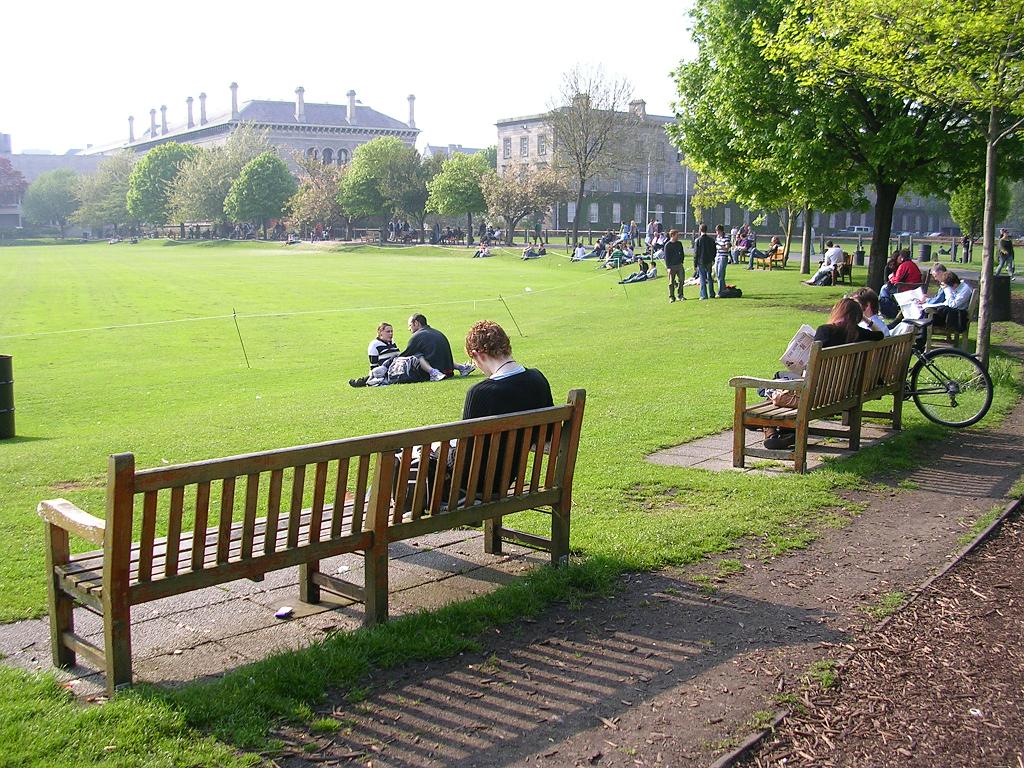According to a recent study conducted by the School of Education in Trinity, 4 out of 5 students in areas of social disadvantage felt their workload increased during lockdown.
The Covid-19 Student Survey found that in areas of low progression, or social disadvantage, school closures as a result of Covid-19 negatively impacted student mental health, with students reporting significantly lower levels of wellbeing during lockdown this year than in the previous year.
In May and June of this year, one thousand second-level students from fifteen schools in the greater Dublin area took part in a survey, which focused on the effect Covid-19 school closures had on education in Ireland.
The survey found that “reduced feedback” from teachers and a “lack of connection” with peers were the main reasons for students feeling a decline in their mental-wellbeing during the lockdown period.
This study follows two previous reports on the perspectives of post-primary teachers and the parents of primary school children, respectively.
The schools which participated in this survey are part of the Trinity Access Programmes (TAP). TAP’s aim is widening access to post-secondary education for students in areas of low progression to higher education.
The survey also showed that those students who had lower parental involvement or negative relationships with teachers were more likely to have poorer mental wellbeing during lockdown.
The Department of Education announced the implementation of “predictive grading” in early May of this year, with the responsibility of assigning grades to students falling on their teachers.
Many surveyed students expressed concerns over teachers assigning grades, with students feeling that the role of student-teacher relationships would influence the new grading process.
The survey found only 33% of students agreed with the new system for predictive grading for the Leaving Certificate, with results due to be published on September 7.
The Covid-19 Student Survey also provided information from students entering their final year, with many concerned about the interruption to their studies in their fifth year and some suggesting that this is an opportunity to reform the Leaving Certificate towards continuous assessment in senior cycle.
Secondary schools were closed alongside colleges and universities on March 12, as part of a government restriction to prevent the spread of Covid-19.
Trinity is expected to resume on September 28, with Freshers week for incoming students coinciding with the first week of classes for the rest of the student body.






